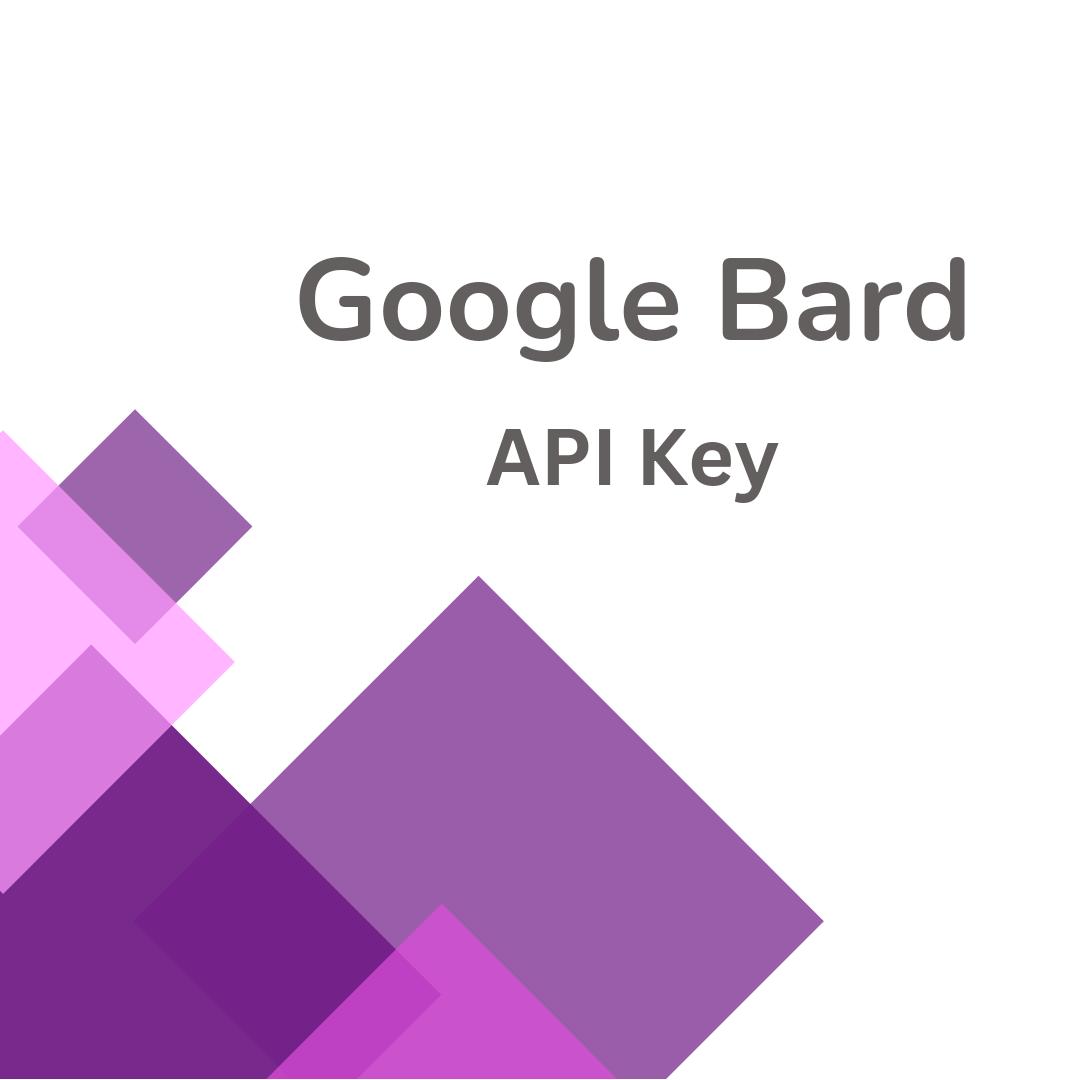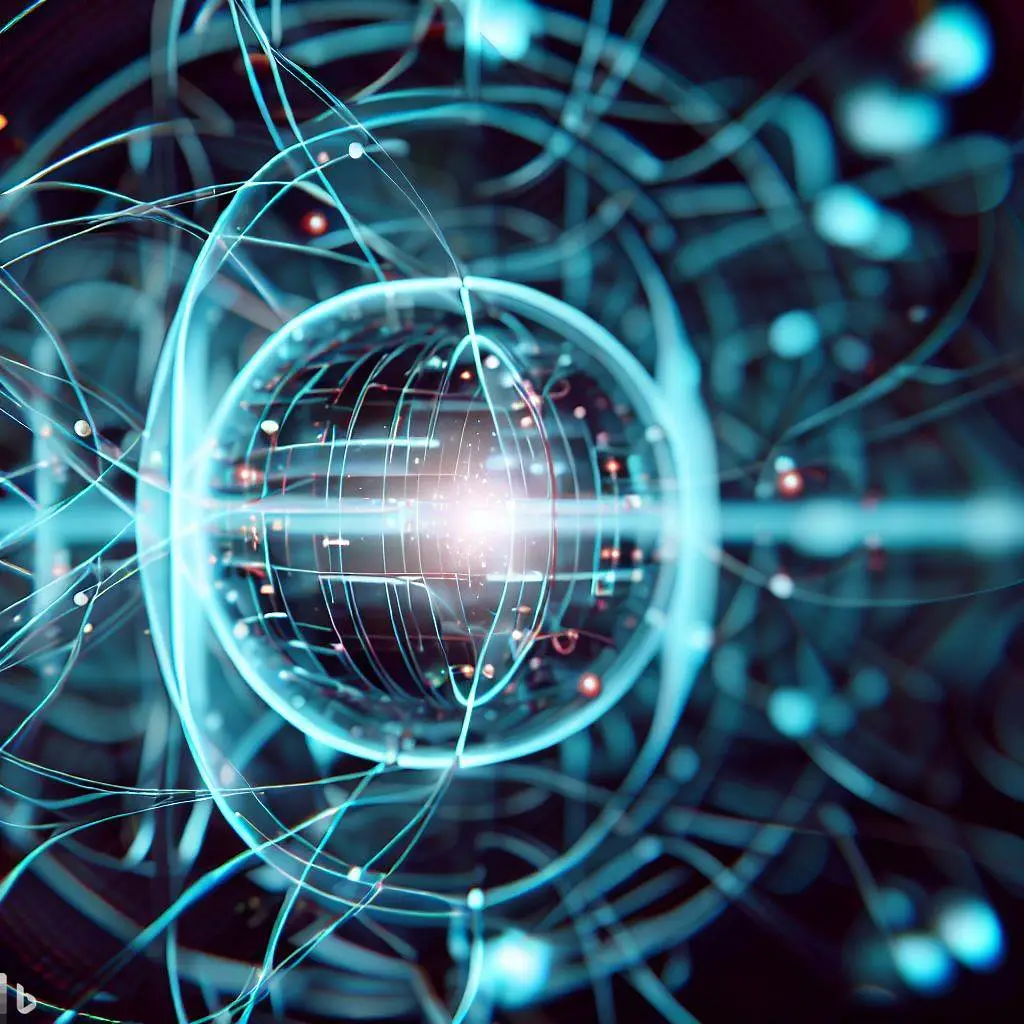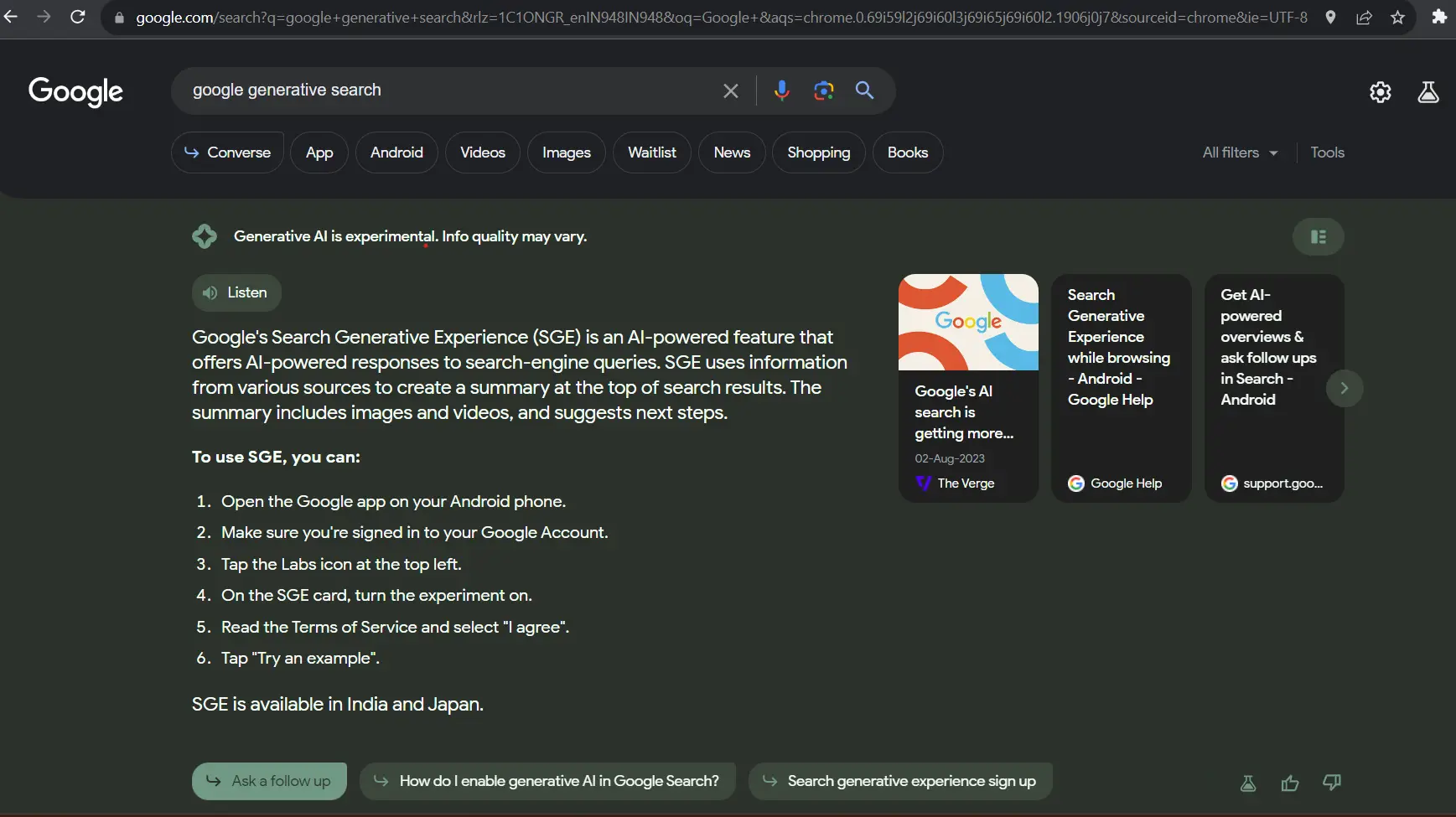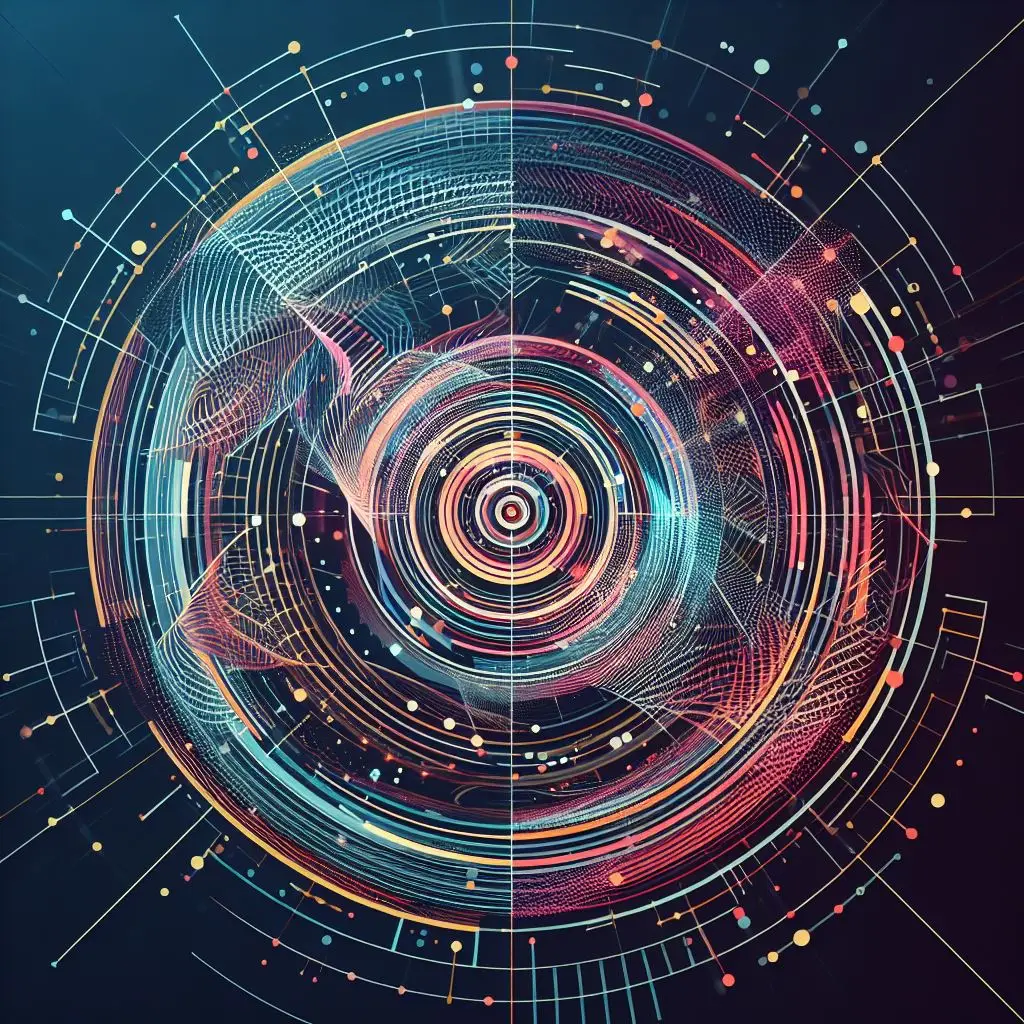Introduction
In the ever-evolving landscape of artificial intelligence, Google has introduced Gemini AI, designed to assist with various tasks, including writing. However, its latest commercial, which showcases Gemini helping a young girl write a fan letter to Olympic gold medalist Sydney McLaughlin-Levrone, has sparked a conversation about the role of AI in personal expression and creativity. The implications of AI-generated content, and the broader questions it raises about learning and authenticity.
The Commercial: A Closer Look
The commercial begins with a father narrating his daughter's admiration for Sydney McLaughlin-Levrone, declaring her possibly the world's biggest fan. The daughter wishes to write a heartfelt letter to her idol, seeking her father's assistance. Enter Google Gemini AI. The father prompts the AI to draft a letter that conveys how inspiring Sydney is and mentions the daughter's aspiration to break Sydney's world record someday.
The AI Angle: Convenience vs. Authenticity
At first glance, the commercial aims to highlight the convenience of using generative AI as a writing assistant, particularly for those who might find writing daunting. The idea is that AI can serve as a coach, helping individuals express their thoughts more clearly. However, the execution raises significant concerns.
The fundamental issue lies in the nature of the task. Writing a fan letter is inherently personal, meant to convey genuine admiration and emotion. By outsourcing this task to an AI, the authenticity of the message is compromised. The commercial inadvertently suggests that AI can replace the heartfelt effort required in personal communication, a notion that many find troubling.
Public Reaction: A Mixed Bag
The reception of the commercial has been mixed, with notable criticism from various quarters. Novelist and Pop Culture Happy Hour podcast host Linda Holmes voiced strong disapproval, stating, “Obviously there are special circumstances and people who need help, but as a general ‘look how cool, she didn’t even have to write anything herself!’ story, it SUCKS. Who wants an AI-written fan letter??”
Holmes and others argue that such reliance on AI undermines the learning process for children. Writing a fan letter is an excellent opportunity for kids to develop their writing skills, learn to articulate their thoughts, and experience the joy of crafting a personal message. Encouraging them to bypass this process in favor of AI-generated content can hinder their development as writers.
The Learning Aspect: Skills and Growth
One of the key criticisms revolves around the educational impact of using AI for writing tasks. Writing is a skill honed through practice and effort. When children are encouraged to use AI for writing, they miss out on essential learning experiences. Crafting a fan letter, for instance, teaches kids to organize their thoughts, express their emotions, and engage in the creative process.
Writing such letters can boost a child's confidence. Knowing that they have written something meaningful and personal, even if imperfect, can be immensely rewarding. This sense of accomplishment is lost when an AI takes over the task.
The Authenticity Factor: Human Touch Matters
In the realm of personal communication, authenticity is paramount. Whether it's a fan letter, a thank-you note, or a message of appreciation, the recipient values the effort and thought behind the words. AI-generated content, no matter how polished, lacks the human touch that makes personal messages special.
For someone like Sydney McLaughlin-Levrone, receiving a stack of AI-generated fan letters would likely be far less meaningful than receiving a simple, heartfelt note from a young fan. The uniqueness of each human-written letter, with its imperfections and individual quirks, is what makes it special.
Broader Implications: The Role of AI in Everyday Life
The commercial also raises broader questions about the role of AI in everyday tasks. While AI can undoubtedly be a powerful tool for enhancing productivity and assisting with complex tasks, its application in personal and creative endeavors should be approached with caution. The risk of eroding genuine human experiences and skills is a significant concern.
As AI continues to advance, it's crucial to strike a balance between leveraging its capabilities and preserving the essence of human creativity and expression. AI can be a valuable assistant, but it should not replace the personal effort and thoughtfulness that define meaningful communication.
Conclusion
Google's Gemini AI commercial, while showcasing the potential of generative AI, inadvertently highlights the pitfalls of using such technology for personal expression. The backlash underscores the importance of authenticity, the value of learning through effort, and the irreplaceable nature of human touch in communication. As we navigate the integration of AI into our lives, it's essential to remember that some tasks are best left to human hands and hearts.









Add a Comment: